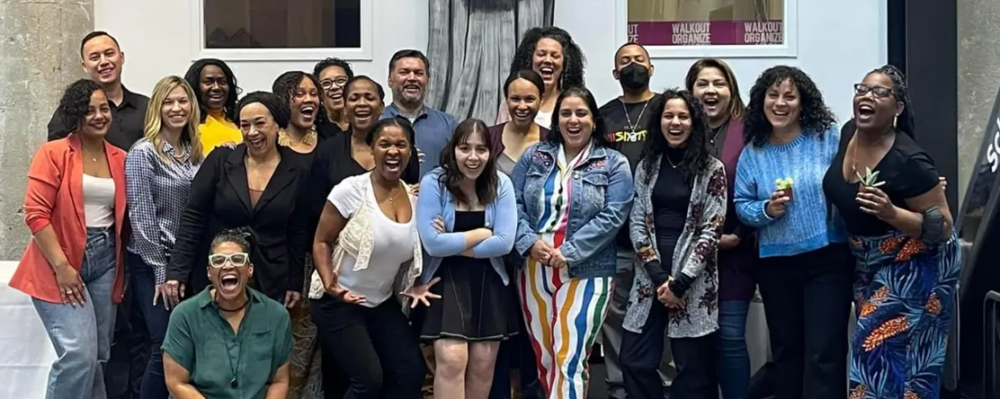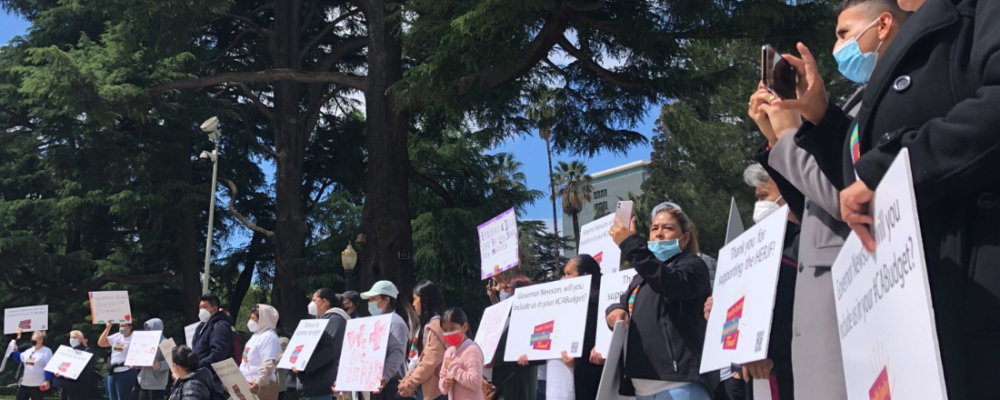
Reimagining Safe Communities: Coordinating Violence Prevention to Help California Thrive
- Andrea Feniger
-
Focus Areas
Capacity Building & Leadership, Healthy Communities -
Issues
Health in All Policies, Violence Prevention -
Expertise
Leadership Development -
Programs
State of Equity

Violence prevention initiatives within California’s State government attempt to tackle symptoms of violence but they lack a coordination and a collective vision. At the same time, many of California’s local jurisdictions are taking innovative and visionary action to coordinate and align efforts to support safe and equitable communities through holistic programming. The State of California has an opportunity to follow the lead of its local communities and forge a new path by building and aligning around a shared vision for safe and equitable communities that centers justice and community health, instead of relying on the historically harmful approach of using law enforcement and carceral punishment as primary tools for violence prevention.
Produced for PHI’s State of Equity (formerly known as Health in All Policies) Program and written as a project for the Master of Public Program at the Goldman School of Public Policy at the University of California, Berkeley, this report by Andrea Feniger explores how the state of California coordinates violence prevention work to build safe and equitable communities across the state, and shares recommendations for the state of California to strengthen these efforts.
Recommendations
1. Create a statewide strategic vision for safe and equitable communities.
1a. Consult relevant departments to encourage an alignment behind this vision. 1b. Consult external stakeholders to ensure community voices are centered.
2. Create an Office of Safe & Equitable Communities in the State of California with a mandate and authority to convene relevant departments.
2a. Designate a representative from each department to serve as a liaison to the Office of Safe & Equitable Communities.
3. Empower localities to build and implement violence prevention programs that reflect the needs of their individual, unique communities.
3a. Treat existing local offices as pilot programs.
3b. Mandate the State Office of Safe & Equitable Communities to offer funding, administrative, and programmatic support to ensure longevity and success.
Work With Us
You change the world. We do the rest. Explore fiscal sponsorship at PHI.
Support Us
Together, we can accelerate our response to public health’s most critical issues.
Find Employment
Begin your career at the Public Health Institute.


